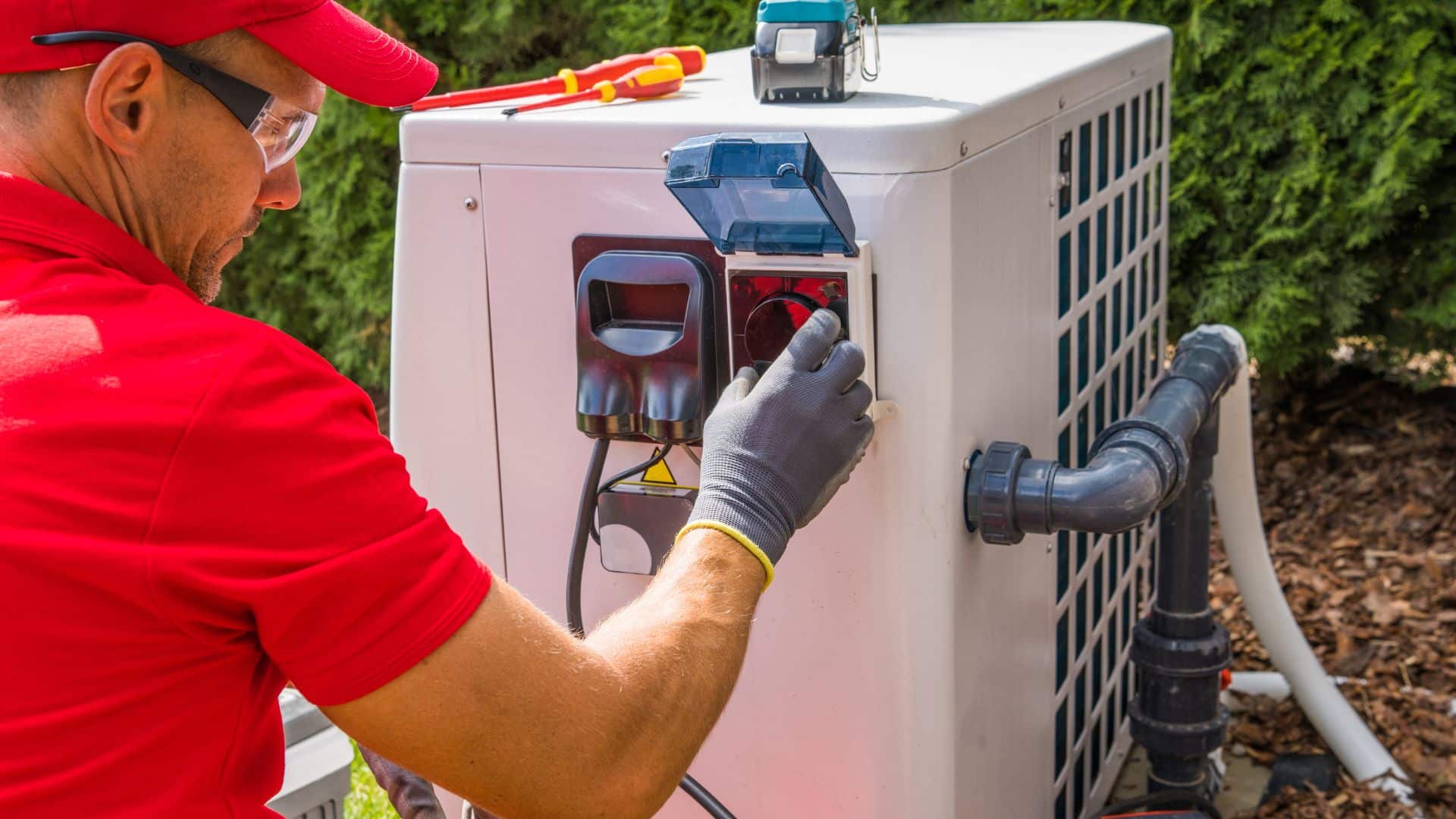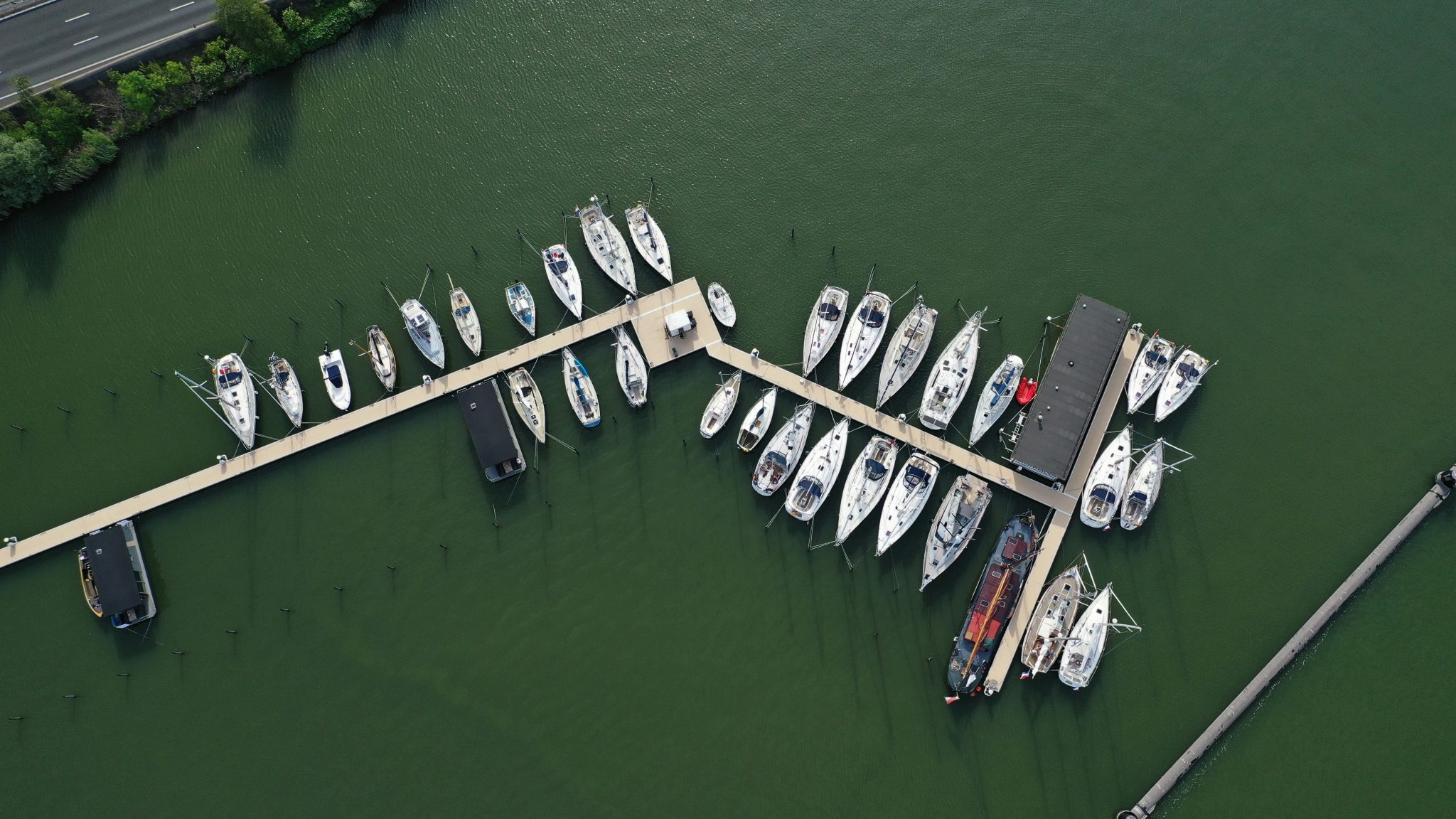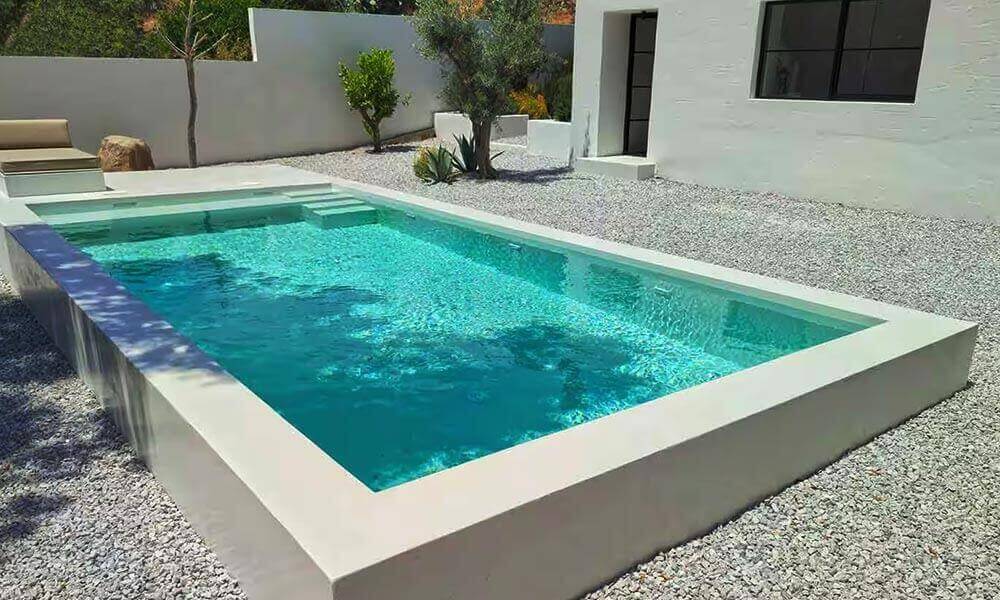The Ultimate Guide to Pool Heater Replacement: Why, When, and How
An essential component of any well-functioning pool is a heater. Whether a residential pool for recreational purposes or a commercial pool for a business, an efficient pool heater is vital to ensuring optimal water temperature year-round. However, like any equipment, pool heaters have a lifespan and may require replacement at some point.
In this ultimate guide to pool heater replacement, we will explore the reasons why you might need to replace your existing pool heater, discuss when it’s the right time, and provide insights on how to go about it effectively.
1. Why Replace Your Pool Heater?
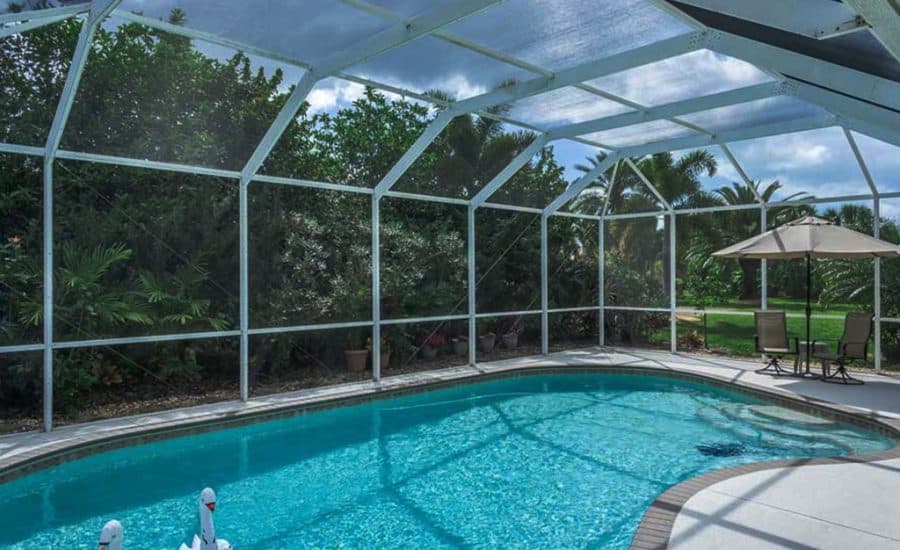
a) Efficiency: Older model heaters are often less energy-efficient than newer ones. Newer models incorporate advanced technology for better energy conservation, reducing operating costs in the long run.
b) Safety Concerns: Outdated or malfunctioning heaters can pose safety risks due to gas leaks or faulty electrical connections. Replacing older heaters with up-to-date models ensures safety for both users and the environment.
c) Changes in Capacity or Needs: If your pool usage has increased over time with more frequent use or additional water features requiring greater heating capacity, upgrading your current system may be necessary to meet these demands efficiently.
2. When Is It Time For Replacement?
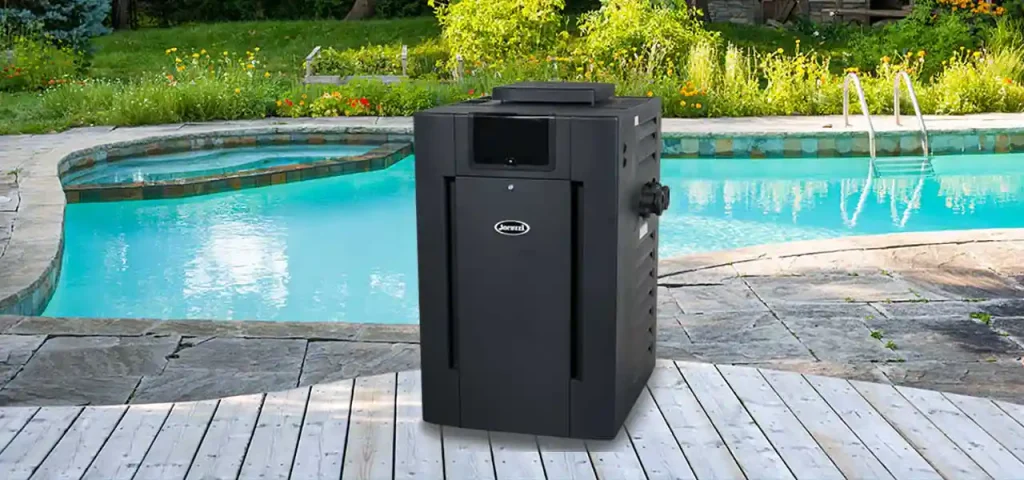 While general wear and tear over time might lead you towards considering replacement, there are specific indicators that indicate the need for immediate action:
While general wear and tear over time might lead you towards considering replacement, there are specific indicators that indicate the need for immediate action:
a) Consistent Performance Issues: If your heater continually fails to bring the water to the desired temperature or takes an unusually long time to heat, it can be a sign of a failing unit. Persistent performance problems may indicate underlying mechanical or component failure.
b) Frequent Repairs: If you constantly repair your pool heater, it may be more cost-effective and practical in the long run to replace it with a newer, more reliable model. Frequent breakdowns often indicate aging equipment reaching the end of its lifespan.
c) Outdated Technology: With technological advancements, pool heaters have become more efficient, environmentally friendly, and feature-rich. Upgrading to a newer model allows you to benefit from improved functionalities and unavailable options when installing your pool heater.
3. How to Replace Your Pool Heater Effectively
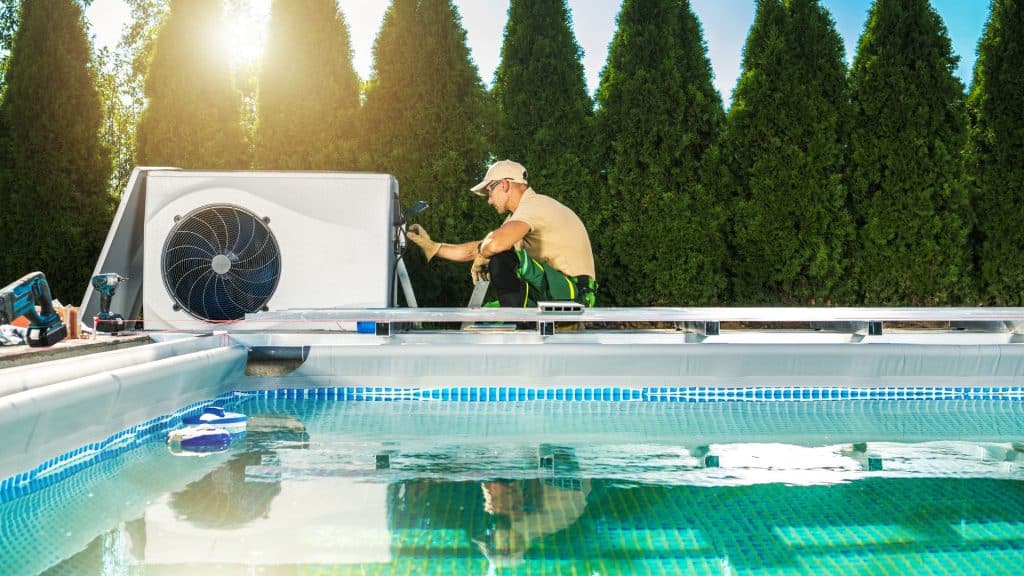
a) Assess Your Current Setup: Examine your existing heating system – measure its size, type, capacity, fuel source (gas or electric), and compatibility with your pool setup. This information will help you determine what replacement heater will suit your needs.
b) Consider Energy Efficiency: Research different models with high energy-efficiency ratings (such as COP for heat pumps or thermal efficiency for gas heaters) that align with your usage requirements. For optimal performance, look for heaters with industry certifications, such as ENERGY STAR.
c) Size Matters: Consult an experienced professional or refer to manufacturers’ guidelines on selecting the appropriate heater size based on factors like pool volume, outdoor climate conditions, desired temperature rise, and flow rate, ensuring efficient operation and avoiding under or over-sizing the new unit.
Conclusion
Maintaining a reliable and efficient pool heater is crucial for enjoyable swimming experiences throughout the year.
By understanding why you might need a replacement, recognizing signs indicating the right time for action, and knowing how to go about it effectively, you can ensure optimal water temperature control in your pool while enjoying cost savings in the long run.
Remember to evaluate your needs carefully before selecting a new unit based on size, energy efficiency ratings, industry certifications, installation requirements, maintenance pointers, and budget considerations. Replacing your pool heater might seem daunting initially.
Still, with proper planning and expert assistance, if needed, it can be a rewarding investment to enhance your overall swimming experience while keeping safety and energy efficiency at the forefront of consideration.

